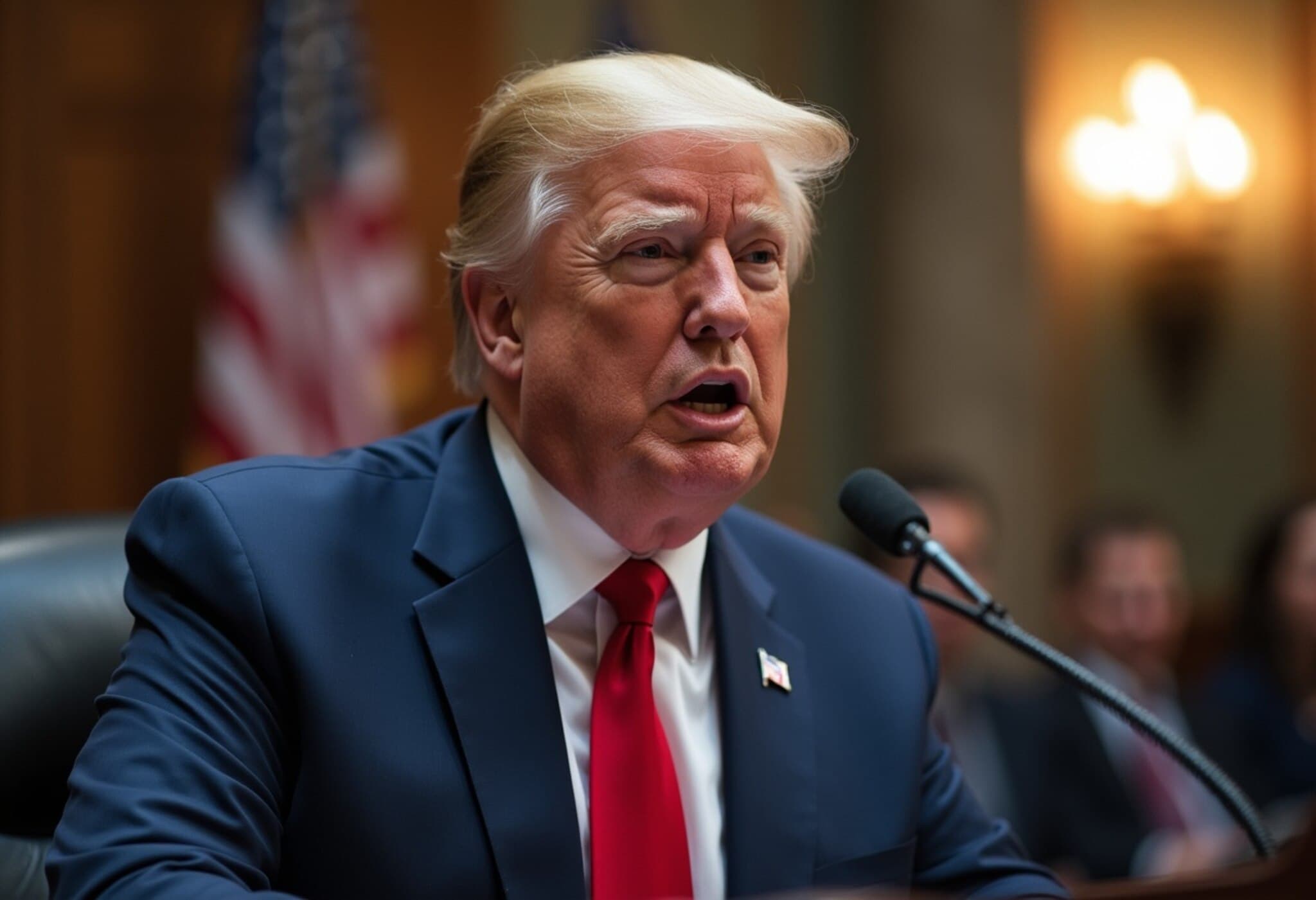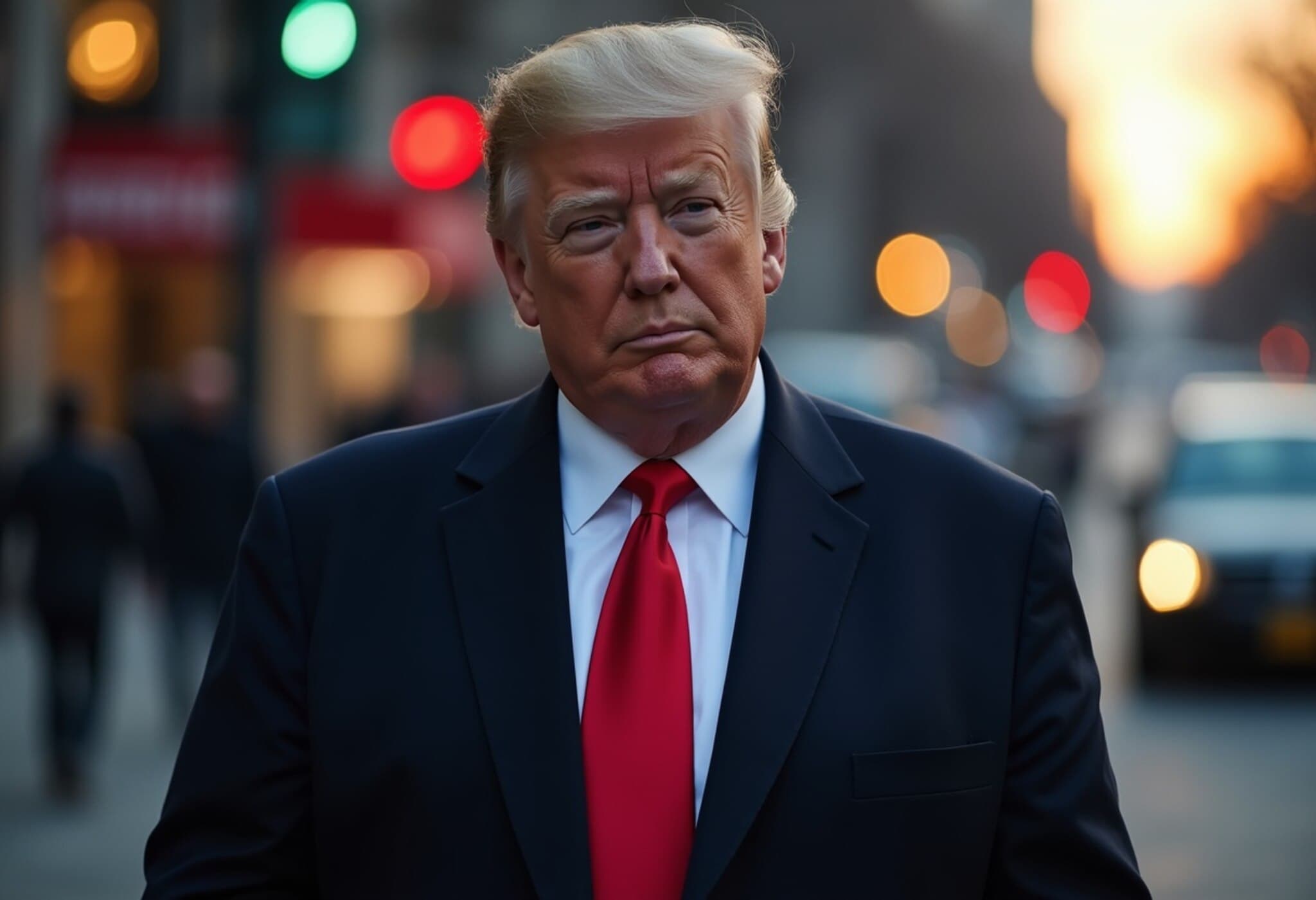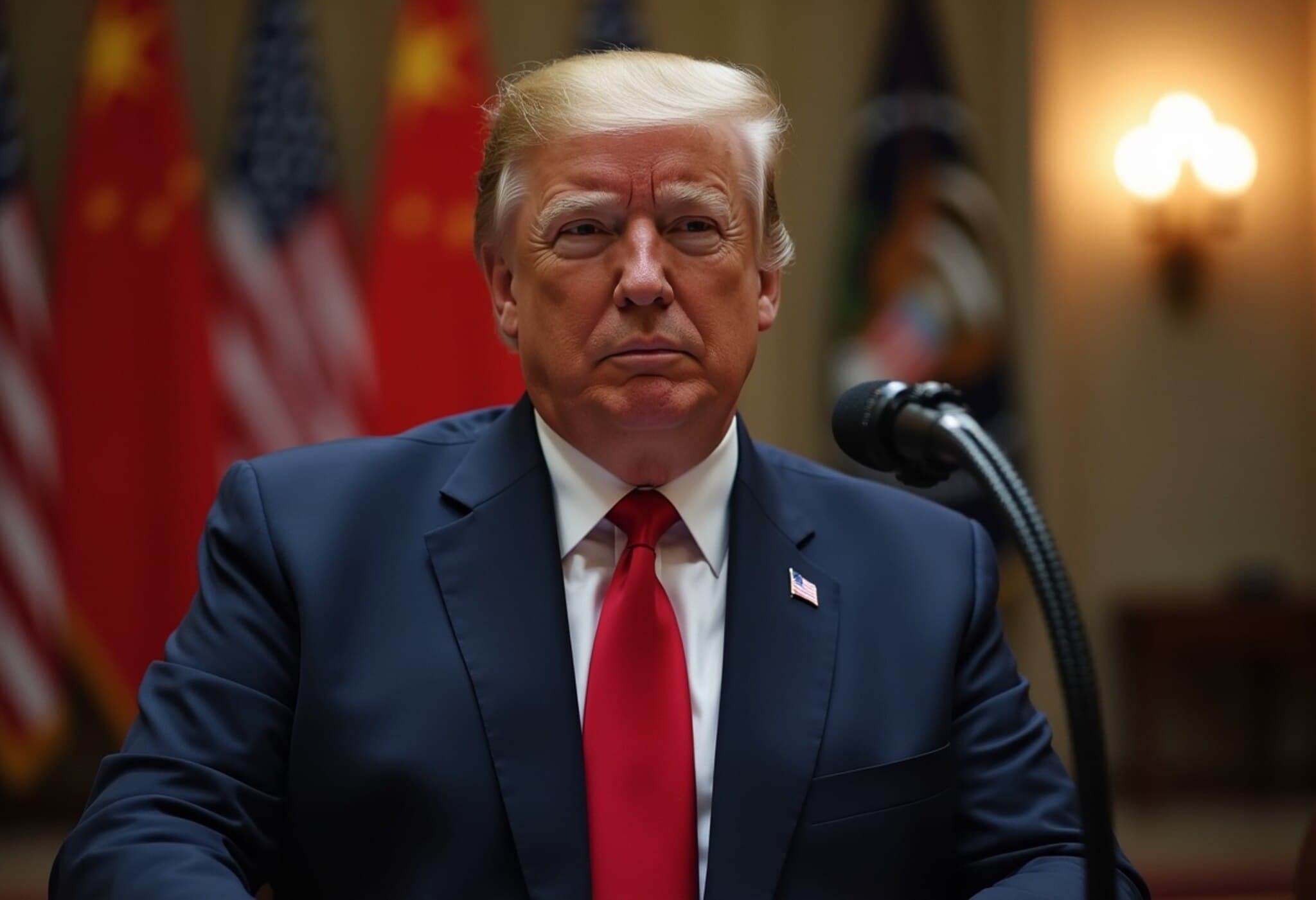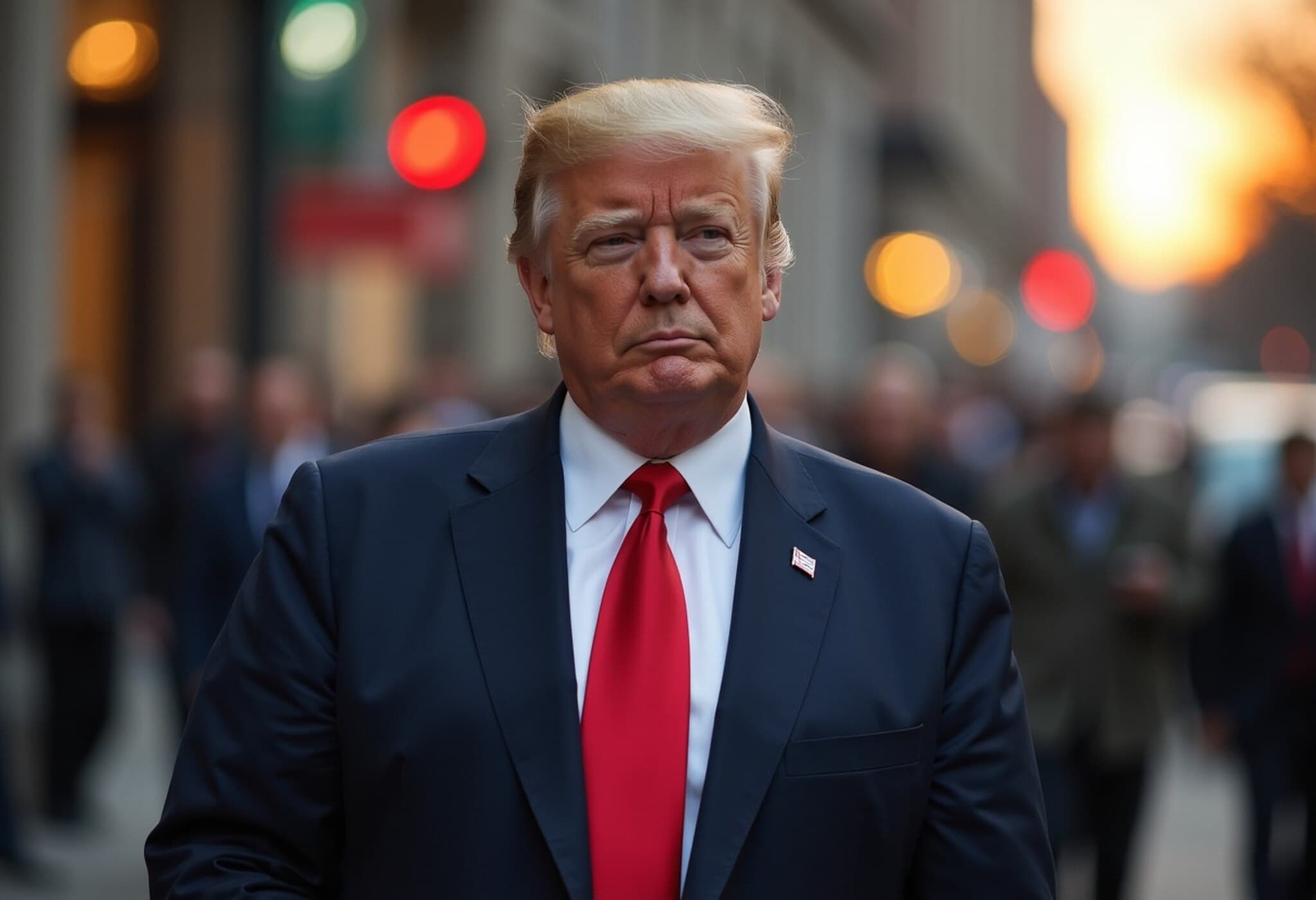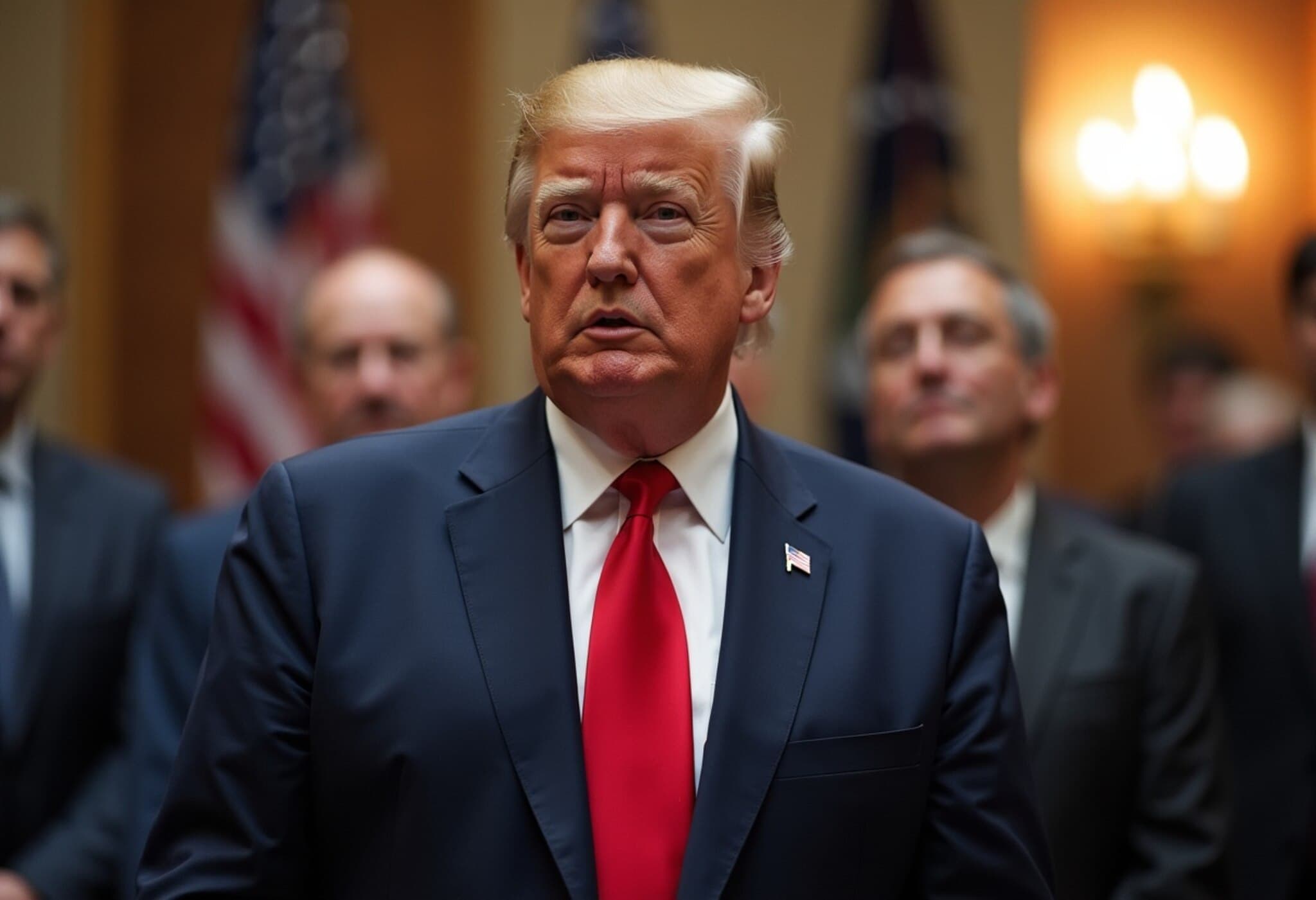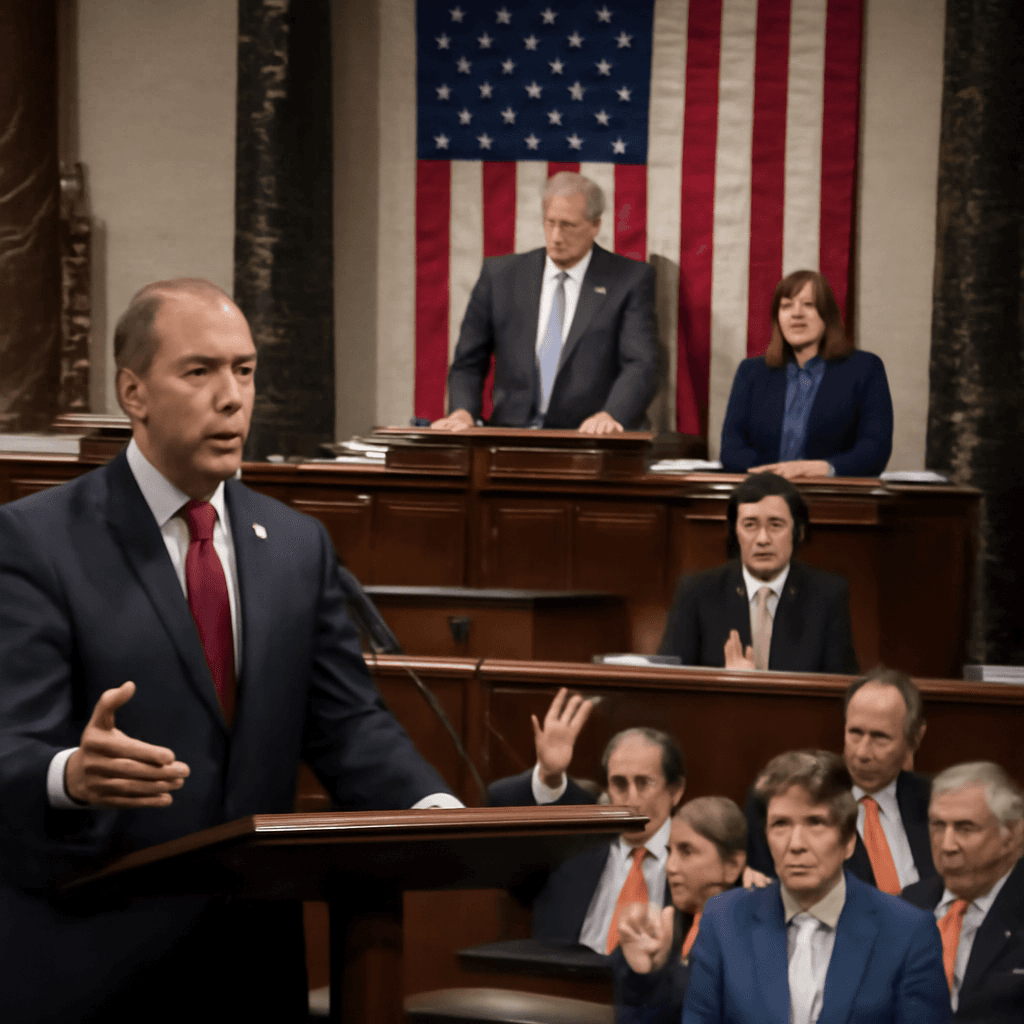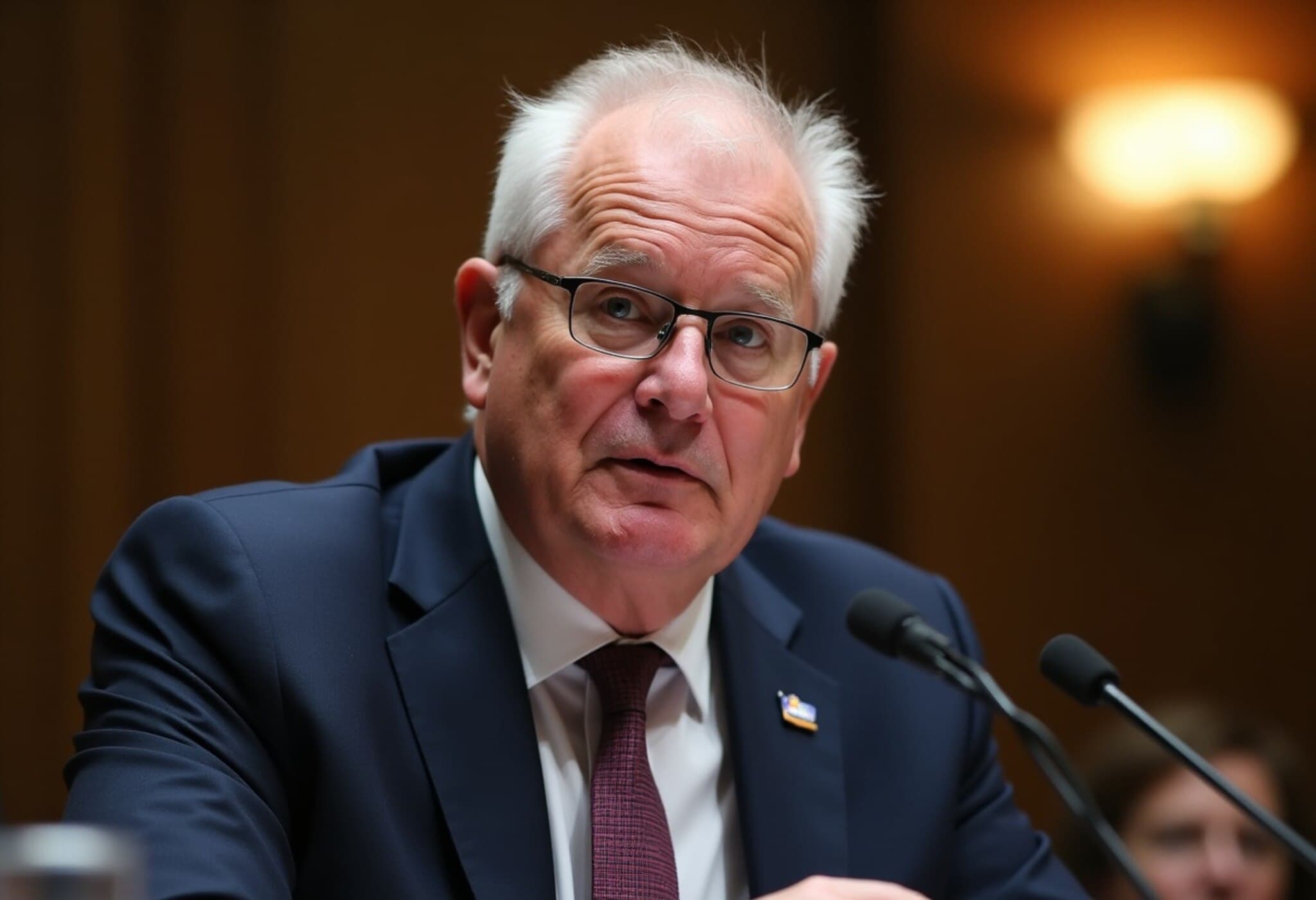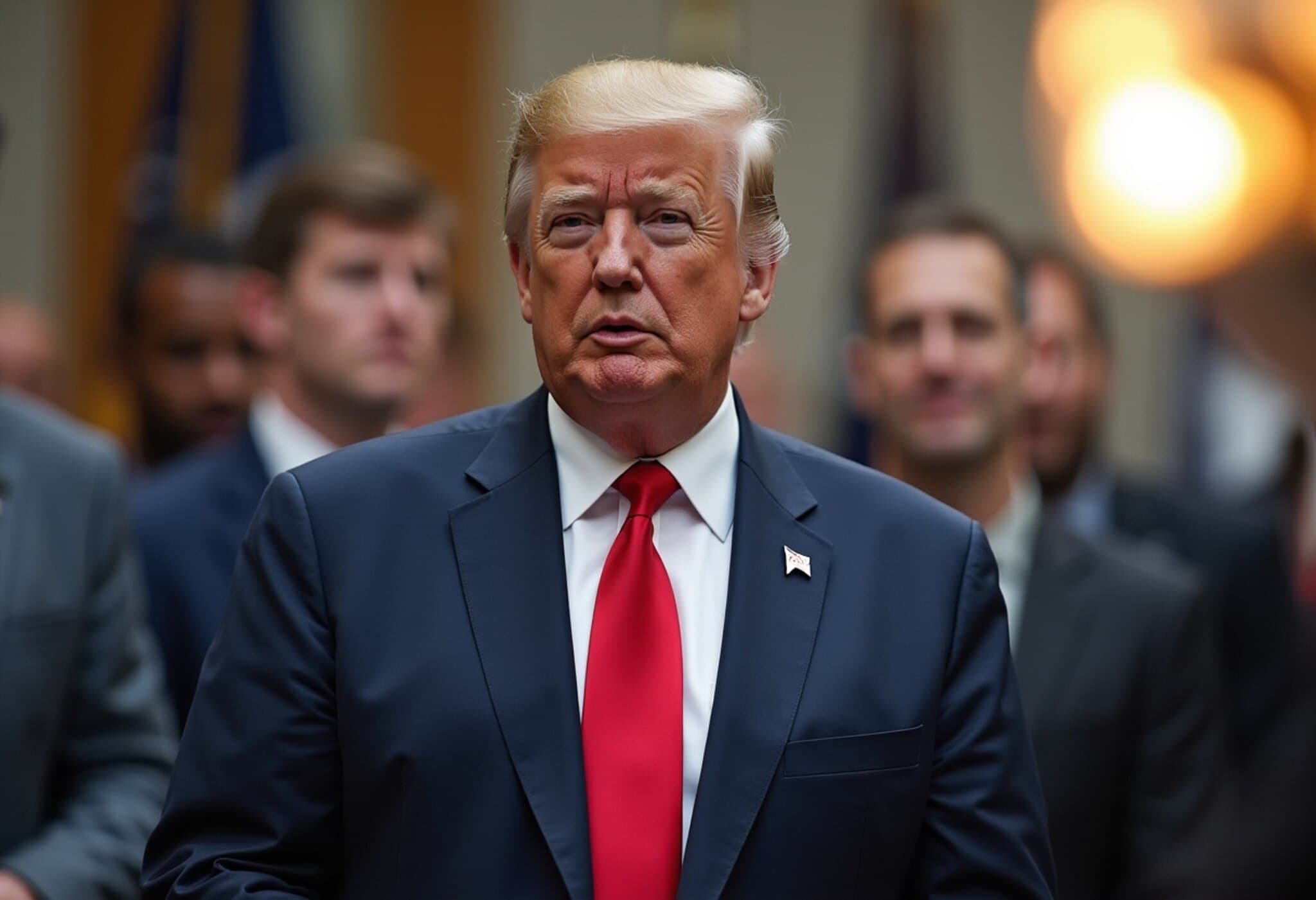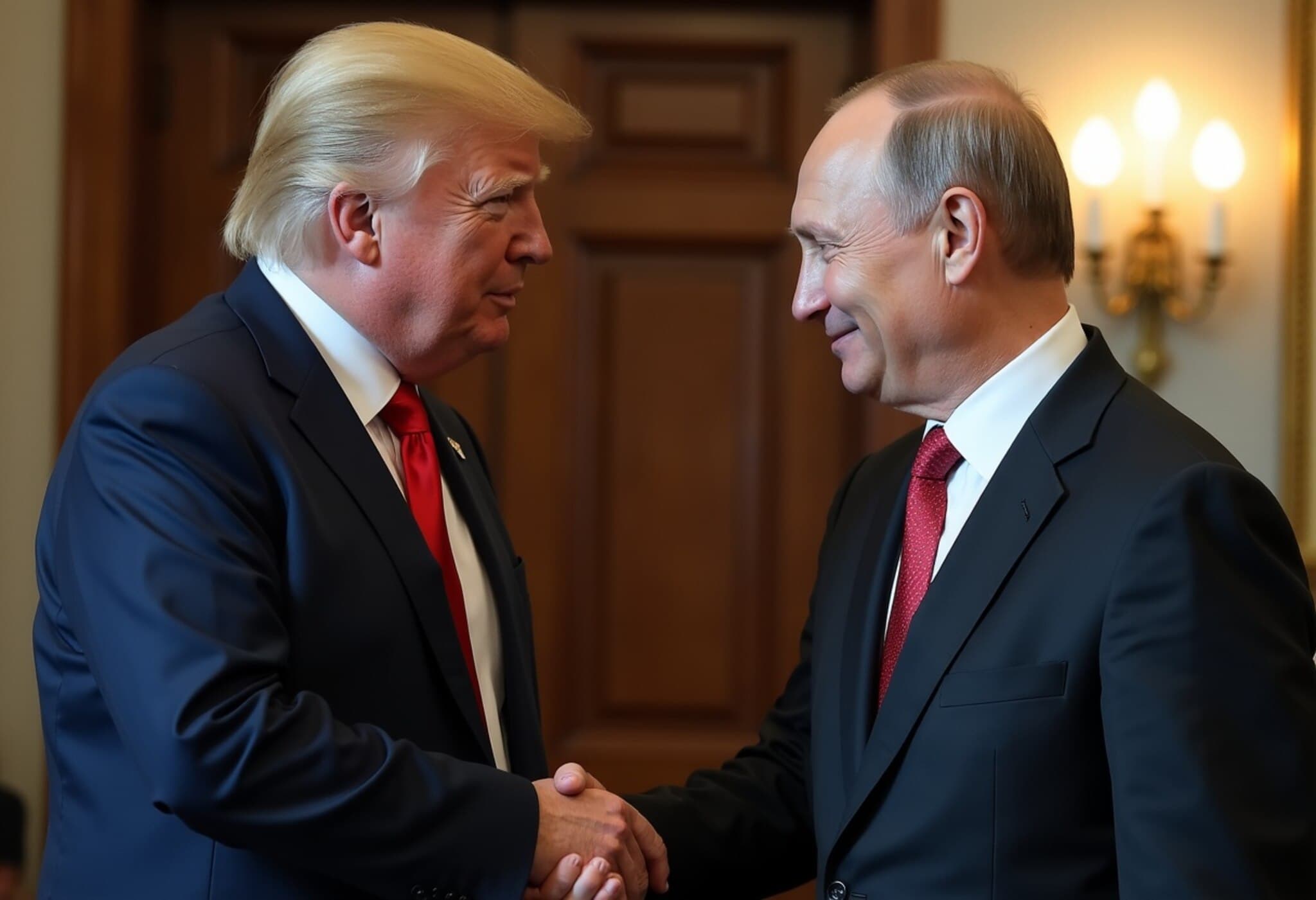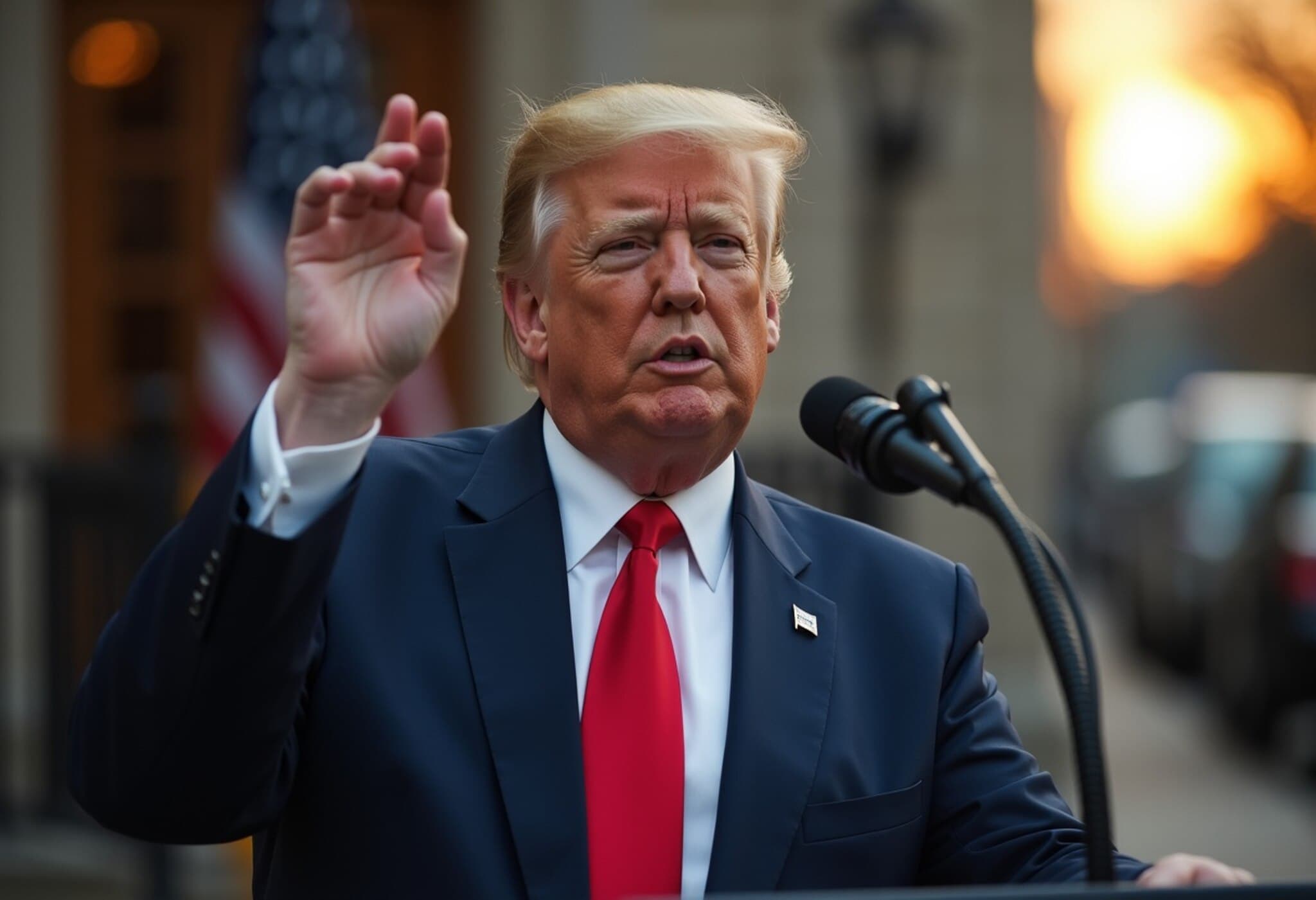Trump-Endorsed Cryptocurrency Legislation Faces Setback in US House
On Tuesday, a series of cryptocurrency-focused bills championed by former President Donald Trump hit a significant roadblock in the House of Representatives. The procedural vote ended 196-223, with 13 Republicans crossing party lines to join Democrats in blocking the motion — a rare moment of GOP defiance during what Trump had heralded as “Crypto Week.” This legislative stumble represents a considerable blow to the crypto industry’s hopes for swift regulatory clarity and federal endorsement.
Understanding the Stakes: What’s At Risk for the Crypto Industry?
The proposed bills, part of a broader regulatory package dubbed the "GENIUS Act," aimed to establish the United States as the undisputed leader in digital assets. Trump had touted this initiative as a critical strategic move to outpace global competitors like China and Europe, portraying digital currencies and blockchain technologies as the future of finance and innovation.
“The GENIUS Act is going to put our Great Nation lightyears ahead of China, Europe, and all others,” Trump declared on his social media platform Truth Social, urging all House Republicans to endorse the legislation.
What Caused the Legislative Breakdown?
The defeat highlights a complex dynamic within the House Republican caucus, where some members expressed concerns over the breadth and specifics of the crypto regulatory framework. Key issues likely included balancing innovation with consumer protection, clarifying oversight roles among agencies, and potential implications for traditional financial institutions.
House leadership has indicated intentions to revisit the vote later, but it remains uncertain whether the package will undergo substantive modifications or whether it will face similar resistance.
Market Reaction and Wider Implications
Markets reacted swiftly to the news. Shares in major crypto-related companies fell notably: Robinhood’s stock slid over 7%, Coinbase dropped more than 4%, and digital asset firm Bakkt decreased by over 2%. The sell-off underscored just how pivotal regulatory certainty is for investor confidence in the burgeoning digital asset space.
Beyond market jitters, the stalled vote raises broader questions about America’s role in shaping the future of digital finance. While the Biden administration has also been contemplating crypto regulation, this episode reveals intra-party challenges and the difficulties in forging bipartisan consensus.
Expert Perspective: Navigating the Crypto Regulatory Frontier
Legal and policy analysts note that cryptocurrency regulation in the US has lacked coherence — a patchwork of agency oversight and fragmented legislative efforts. This Trump-backed initiative, while ambitious, may have been too rushed or ideologically driven to secure the necessary coalition.
From an economic standpoint, the US risks ceding leadership in blockchain innovation to countries that are moving faster on regulatory frameworks. However, experts caution that clear but measured rules are essential to prevent fraud, protect consumers, and foster sustainable growth.
What’s Next for Crypto Legislation in the US?
- Potential re-vote: House leadership might adjust the bill to address GOP dissents.
- Bipartisan discussions: Successful crypto regulation will likely require cross-party collaboration harmonizing innovation with caution.
- Industry advocacy: Crypto companies may intensify lobbying efforts to shape a balanced regulatory environment.
The outcome of these developments will have far-reaching implications not just for the crypto market but for the broader US financial ecosystem and global digital economy leadership.
Editor’s Note
Tuesday’s vote underscores the volatile intersection of innovation, politics, and regulation. While President Trump positioned "Crypto Week" as a victory lap for American digital asset dominance, the legislative setback reveals fractures within the GOP and contrasting visions for America's crypto future. Will the next vote mend these rifts or deepen skepticism? Moreover, as Congress grapples with novel technologies, the challenge remains: how to craft regulation that fosters growth without stifling innovation or risking consumer harm. This episode serves as a vivid reminder that cryptocurrency’s regulatory journey is far from a straight path.

